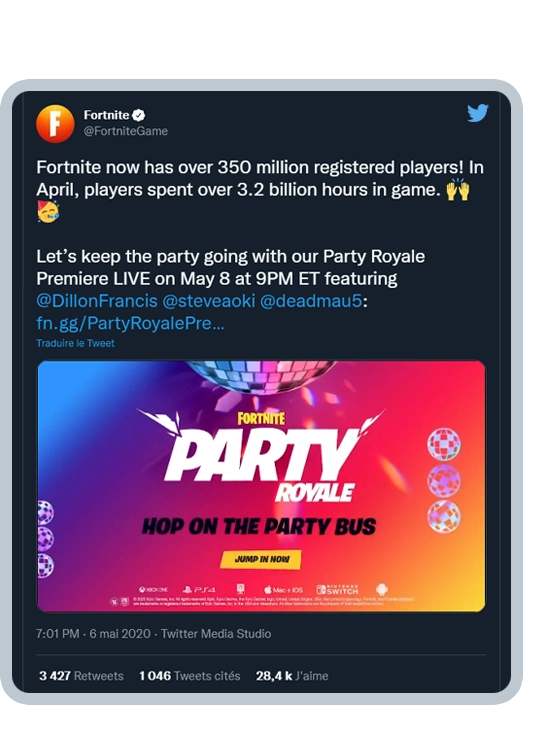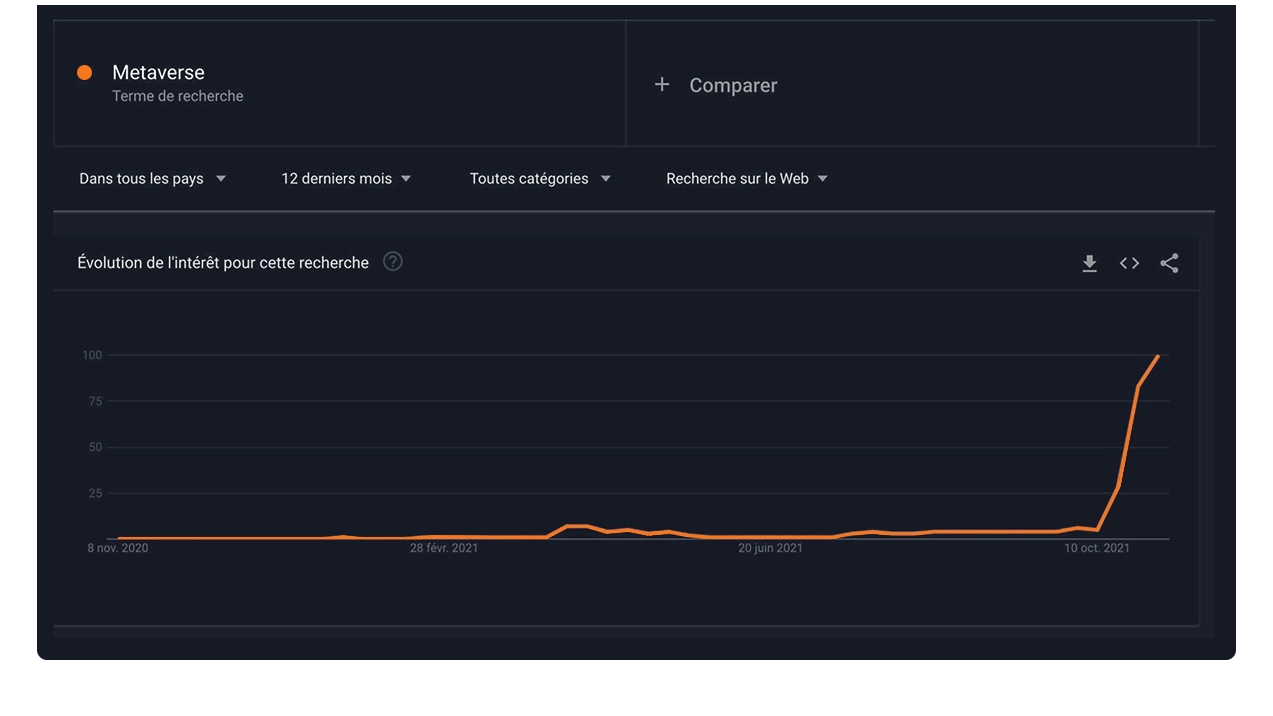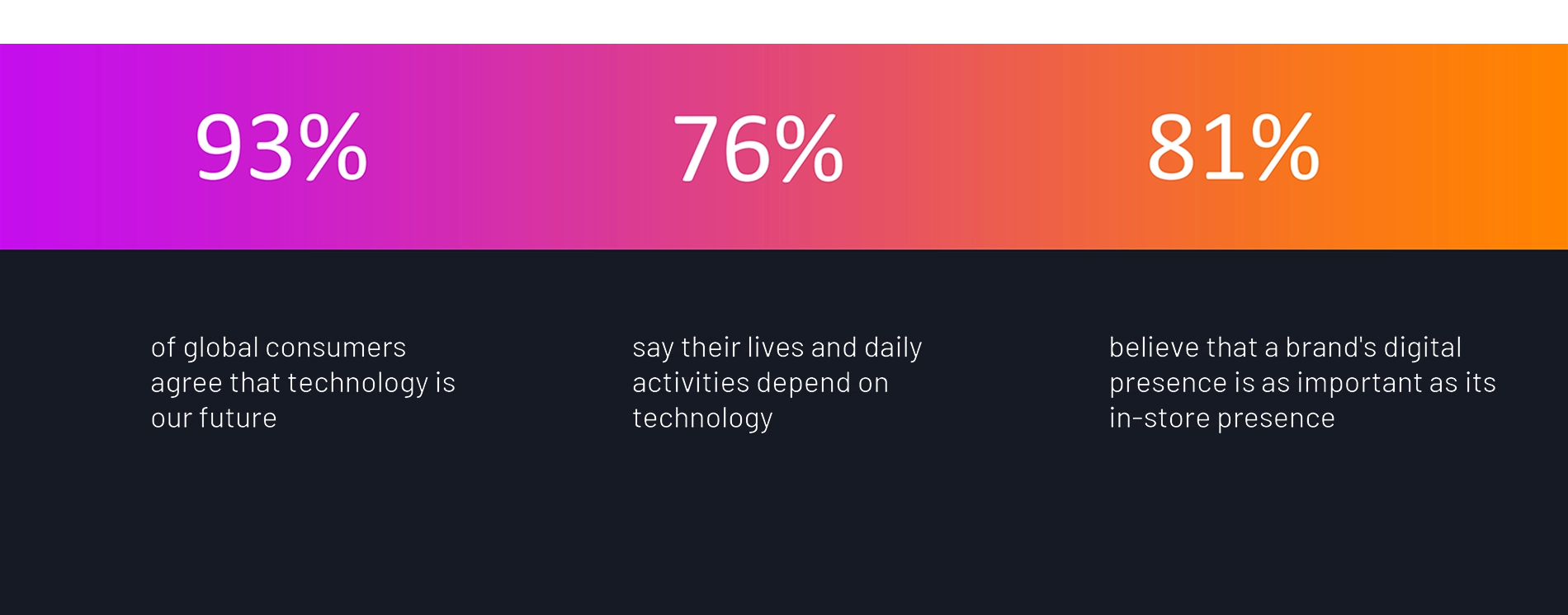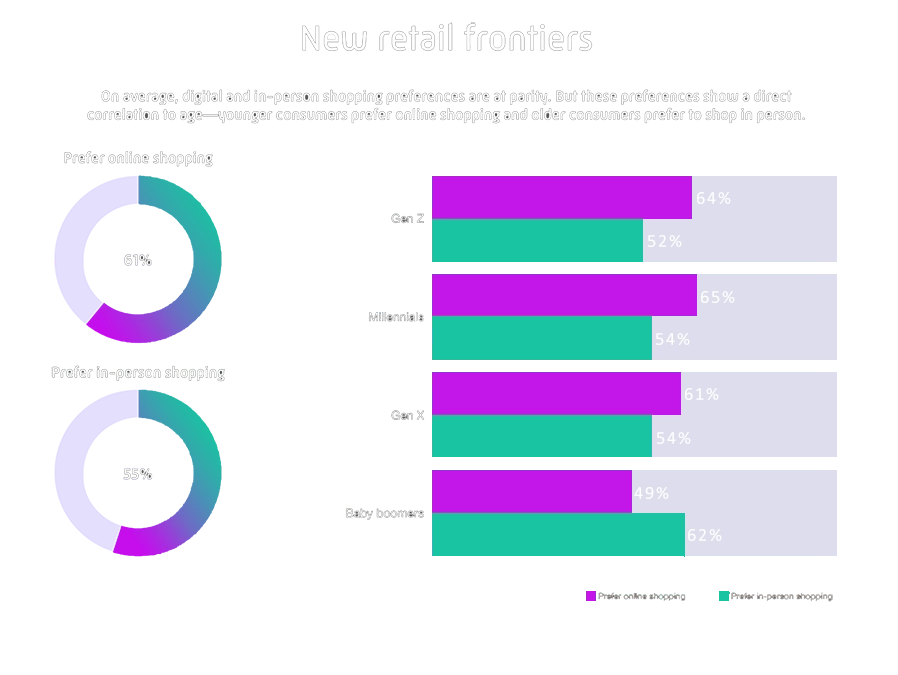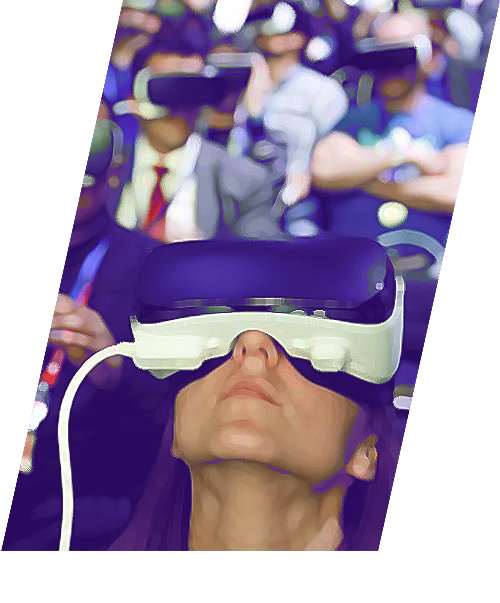The metaverse offers multiple opportunities for brands.
However, it is important to make a distinction between
the consumer and the avatar they have created.
Indeed, users imagine a character in their image,
while modifying the details of their choices.
Marketing actions are therefore aimed at fictitious representations,
and it becomes difficult to envisage personas that
are closer to the reality of the final consumers.
Cathy Hackl, Metaverse strategist and speaker specialized
in augmented reality, even talks about a new customer
relationship: the Direct to Avatar (D2A).

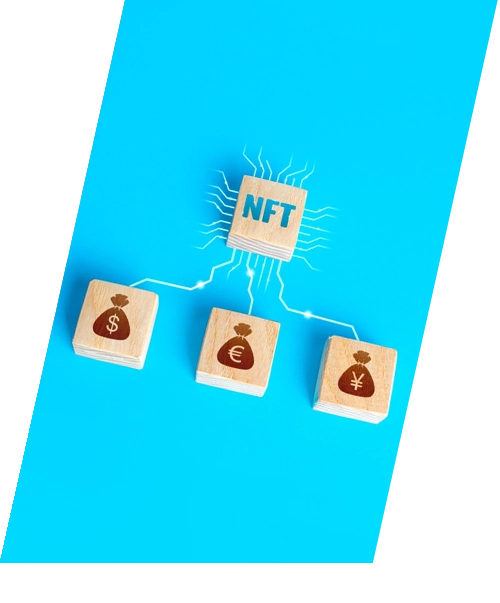
Such initiatives are setting new boundaries for retail and
foreshadowing the future potential of gamevertising.
From the opportunities offered by NFTs, to the purchases made possible
in these universes without forgetting the increasingly intuitive
and immersive experiences they allow.
These virtual worlds are set to become real marketing
battlegrounds for companies, as Microsoft's Mesh or
Facebook's Horizon Worlds are already showing:
"In the future,
we're going to see persistent, massively multiplayer online
game worlds where advertisers and marketers will have to
claim space, but how they do that will be very complex,",
predicts Keith Stuart, video game columnist at the Guardian,
interviewed by Wunderman Thompson.
66% prefer to communicate with brands digitally and 73% find
it easier to identify with brands with a digital presence (76% for
Gen Z). 62% (66% for Gen Z) feel they have a closer relationship
with brands with a strong digital presence. Among Gen Z, 61%
think they forget a brand that doesn't have an online presence.

According to IBM's U.S. Retail Index 2020,
the pandemic has accelerated the shift from
physical to digital stores by about five years.
These are becoming more like their IRL versions
and offer a no pressure discovery experience:
"Online shopping experiences are beginning to increase engagement in e commerce," the study notes..





